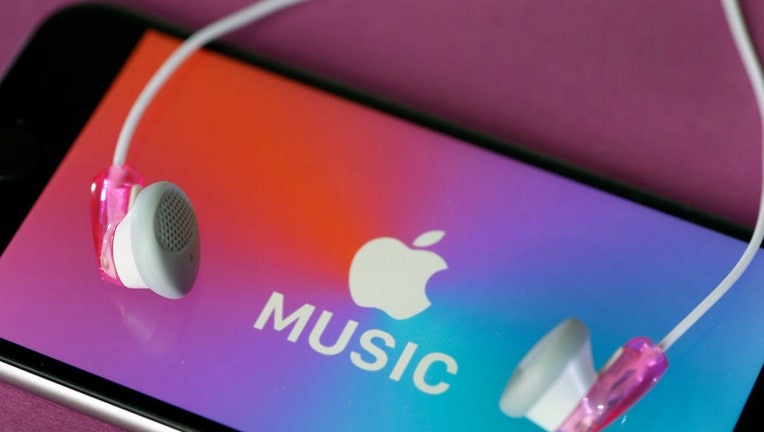Why is Apple being fined €500 million by the EU over music streaming?

Contents
Following a complaint by Spotify, the European Commission is reportedly set to issue a penalty against Apple for imposing “unfair trading conditions.”
Apple is facing a €500 million (£427 million) fine for allegedly hindering competition in the music streaming market.
According to the Financial Times, the European Commission, the EU’s executive arm, will impose this penalty following an extensive investigation.
Why is Apple facing the possibility of a fine?
Following a complaint by Spotify in 2019, the EU launched an investigation into Apple’s position in the music streaming app market. The investigation has narrowed its focus to specific restrictions that Apple imposes on app developers. These restrictions prohibit developers like Spotify from informing iPhone and iPad users about lower-cost music subscriptions available outside the App Store. Spotify contends that this arrangement favors Apple’s competing app, Apple Music.
The situation is another instance of legal disputes regarding Apple’s App Store, which serves as a crucial digital gateway and has been a subject of criticism from companies utilizing it.
Spotify has consistently voiced opposition to Apple’s App Store policies, such as its 30% fee on apps and in-app purchases. Recently, Apple took steps to address some of these concerns, partly due to pressure from the EU’s Digital Markets Act (DMA). Apple announced that it will permit EU customers to download apps without using its own store.
What is the EU’s opinion on Apple’s conduct?
The EU chose not to provide a comment. However, it hinted at punitive measures against Apple in February of the previous year when it issued a new statement of objections regarding the case. This formal step by Brussels outlines its concerns regarding a company’s actions. The commission stated that it considers the restrictions to be “unfair trading conditions” that violate Article 102 of the Treaty on the Functioning of the European Union, which, in simpler terms, refers to the abuse of a dominant position in a specific market.
The commission expressed concern that these restrictions hinder developers from “informing consumers about where and how to subscribe to streaming services at lower prices.”
What happens next?
According to the Financial Times, the commission is expected to reveal the fine in early next month. The maximum penalty for anti-competitive behavior is limited to 10% of a company’s global turnover. For Apple, this could mean a potential fine of $30 billion (£24 billion), although the actual amount is likely to be significantly lower. Apple will also have the option to appeal any decision made by the commission.
What are Apple and Spotify’s statements on the matter?
Both declined to comment on Monday. Last year, Apple stated that its store had contributed to Spotify becoming Europe’s leading music streaming service and expressed hope that the commission would “end its pursuit of a complaint that has no merit.” However, according to the Financial Times, it appears that this outcome is unlikely.
Spotify, on its end, has stated that its complaint against Apple aims to establish a “level playing field.” The company contends that the App Store restrictions provide an advantage to Apple’s own streaming service, Apple Music.
What do experts say?
Anne Witt, a professor of antitrust law at EDHEC business school in France, suggests that Apple is already facing a more challenging regulatory landscape due to the implementation of the DMA, which targets major digital “gatekeepers” like Apple. This legislation has prompted Apple to open up its App Store to competition. Witt believes that if Apple is fined following the Spotify complaint, it would demonstrate that the commission does not intend for the DMA to overshadow EU competition procedures.
“The commission has emphasized from the outset that the DMA was not meant to replace, but rather to complement, the competition rules,” says Witt. “This decision is likely intended to affirm this commitment. Whether it will be effective in the long run is another question, as the DMA is expected to be a much more potent (albeit more blunt) instrument.”
The Open Markets Institute, a research organization that studies the effects of corporate monopolies, argues that the reported fine’s size will not significantly impact Apple.
“It’s too small to provide Apple with any real incentive to adhere to the rules – €500 million is roughly what it earns in revenue in about half a day,” says Max von Thun, the OMI’s Europe director.


